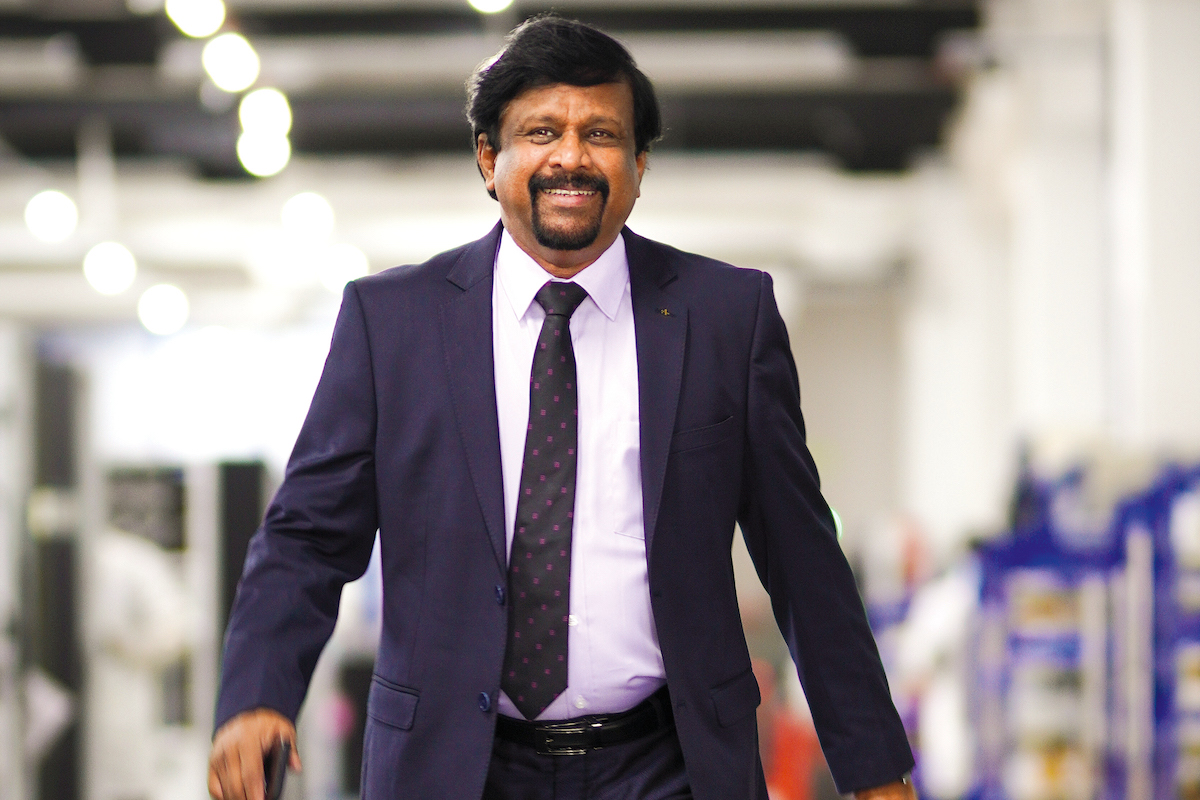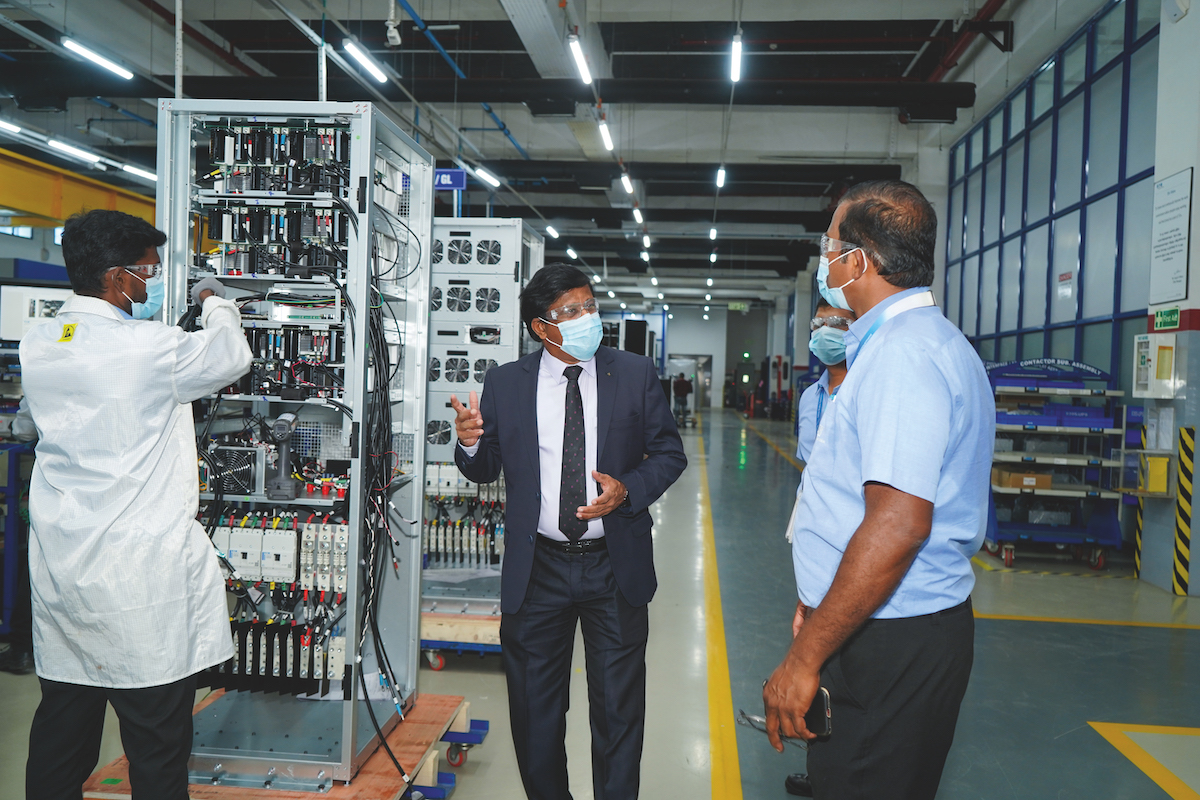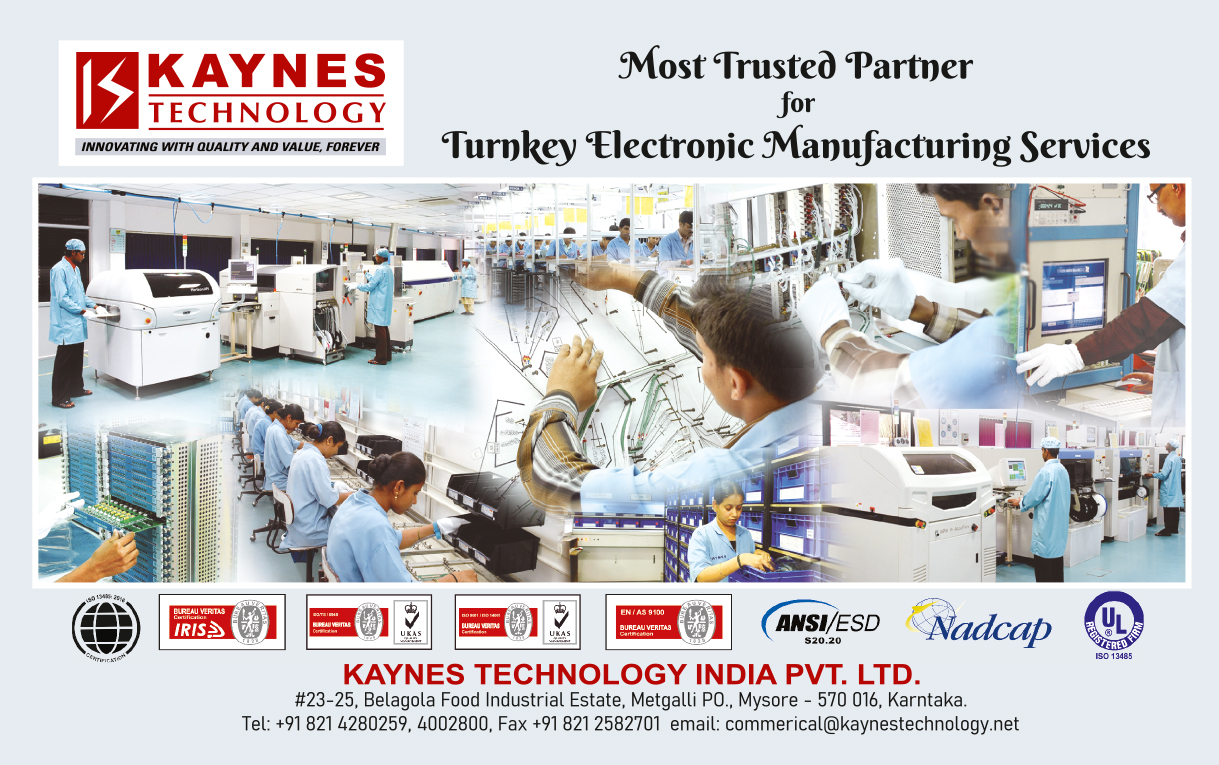Few industries are undergoing such a fundamental repositioning as the energy sector. From an ongoing shift to cleaner forms of energy to ensuring that renewable energy accounts for a large percentage of production going forward, utilities are facing a great deal of change. “The whole focus of the electrical sector, not only in India but across the globe, is on the energy transition,” explains Syed Sajjadh Ali, Managing Director – Electrical Sector, at power management company Eaton.

“People want to have clean and efficient energy.” Whether it be solar power, wind energy or even electric vehicles, consumers are increasingly showing to companies they want to progress to more green forms of energy. “The energy transition is not impossible,” Syed says.
“We are now trying to focus and find ways we can benefit while serving all the customer needs in terms of their energy transition requirements.” Establishing a competitive difference in the marketplace is a complex task. But Syed encapsulates the unique proposition of Eaton in a single-line pledge. “Our brand promise is that we make what matters work,” he says.
“It’s a pledge that defines us, our core truth that unifies us and that distinguishes us from the rest of the companies in the marketplace.”
Valued partnerships
Forming solid relationships with suppliers is of the utmost importance to Syed. “I wouldn’t even call them suppliers; they’re basically our business partners,” he explains. By using a system of vendormanaged inventory, Eaton has established a truly transparent model where suppliers are aware of a range of customer requirements.
I have worked to implement a continuous improvement culture over the past 10 years, and I believe it’s a reason for our success.
“It’s a collaborative culture. My vendors know my customer requirements, from consumption rate, takt time, quality, lead times – everything,” he adds. Fostering strategic partner relationships has enabled Eaton to better adapt to challenging circumstances, in particular the price inflation of commodities.
“Silver has gone up by over 70 per cent and copper is up by over 60 per cent. The input costs have skyrocketed,” Syed reveals. Directly passing these massive increases to customers could result in unhappy consumers cancelling their contracts, leaving utilities needing to balance these increases with suppliers. Syed attributes strong partnerships as a significant factor in optimising operations and cutting costs.

“Unless you have a mature supplier base with whom you can talk with an intention to find a common solution, problems can be difficult to solve,” he says. Having a shared vision of how to manage issues that arise can turn a potentially damaging situation into an opportunity to find common ground. “When suppliers are in difficulty, we will definitely need to know that and we will try to support them,” Syed points out. “These are critical partners who are very crucial to the success of our business.”
Organisational success
While Syed acknowledges the value of tracking bottom-line improvements, he’s also interested in looking behind the numbers to find out what’s happening in the business. “I have worked to implement a continuous improvement culture over the past 10 years, and I believe it’s a reason for our success,” he says.
Innovative Firm
The Indian city of Pune holds the Eaton innovation centre and stands as an example of the value of forward thinking at the business. “We have more than 2,000 engineers set up in Pune serving the entire globe in terms of the product requirements across various verticals and segments,” Syed says.
“It’s due to this culture that we’ve moved into new segments, introduced new product lines and embraced new technology.” In addition, digital solutions are a key part of preparing for the future. Virtually every customer segment wants to manage their products digitally with Eaton being in the process of reconfiguring its services with the Internet of Things requirements of its customers.
“We are asking questions now around how do we make products generate their own data or capture data, as well as how do we make those products talk to each other or talk to any other system?” Syed says. As part of the culture of Eaton, all employees are valued as an intrinsic part of the success enjoyed by the company. From shop floor staff to executive employees, challenging the status quo is a central part of its actions.
“This not only contributes to the top line, but it will also contribute to the bottom line, in my opinion. These are some of the new learnings that the pandemic taught us,” Syed concludes. “When we return to normalcy, we aren’t going to leave the progress we’ve made.”
Proudly supported by:



